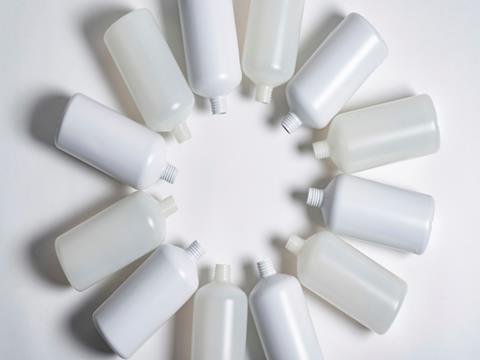
Borealis is in the process of designing a commercial-scale advanced recycling plant in Schwechat, Austria, aiming to convert polyolefin-based post-consumer waste into high-performance polymers and work towards a circular economy.
Based on the company’s Borcycle M technology, the process is hoped to result in over 60 kilotonnes of advanced mechanical recycled polyolefin solutions and compounds per year.
The front-end engineering design (FEED) stage is set to be carried out by green energy and technologies specialist NextChem. Assuming this is successful, Borealis anticipates that a final investment decision will be made in the latter half of 2023, with construction being completed by the end of next year.
“With our purpose to reinvent essentials for sustainable living, Borealis is committed to rapidly increasing the share of recycled content across a wide range of high-performance polyolefins,” says Lucrèce Foufopoulos-DeRidder, executive vice president of Polyolefins, Circular Economy Solutions and Innovation & Technology at Borealis. “Proof-in-point of the EverMinds mindset, this step demonstrates how innovative technology continues to advance circularity.”
The company claims that the new plant was inspired by positive feedback from a previous demo plant in Lahnstein, Germany – a joint enterprise between Borealis, TOMRA, and Zimmermann – to process rigid and flexible household waste and test its success for a commercial-scale advanced recycling plant.
Valoregen and Dow recently announced their partnership to build a recycling plant of their own, this one offering hybrid advanced and mechanical recycling capabilities. With the plant expected to be built in France, it is hoped that Dow will become its main off-taker of post-consumer resins.
Dow is also working with Mura Technology to open a new advanced recycling facility at Dow’s site in Böhlen, Germany. Claiming to be the largest of its kind in Europe, the plant will supposedly offer a potential capacity of 120 kilotonnes per annum.














No comments yet